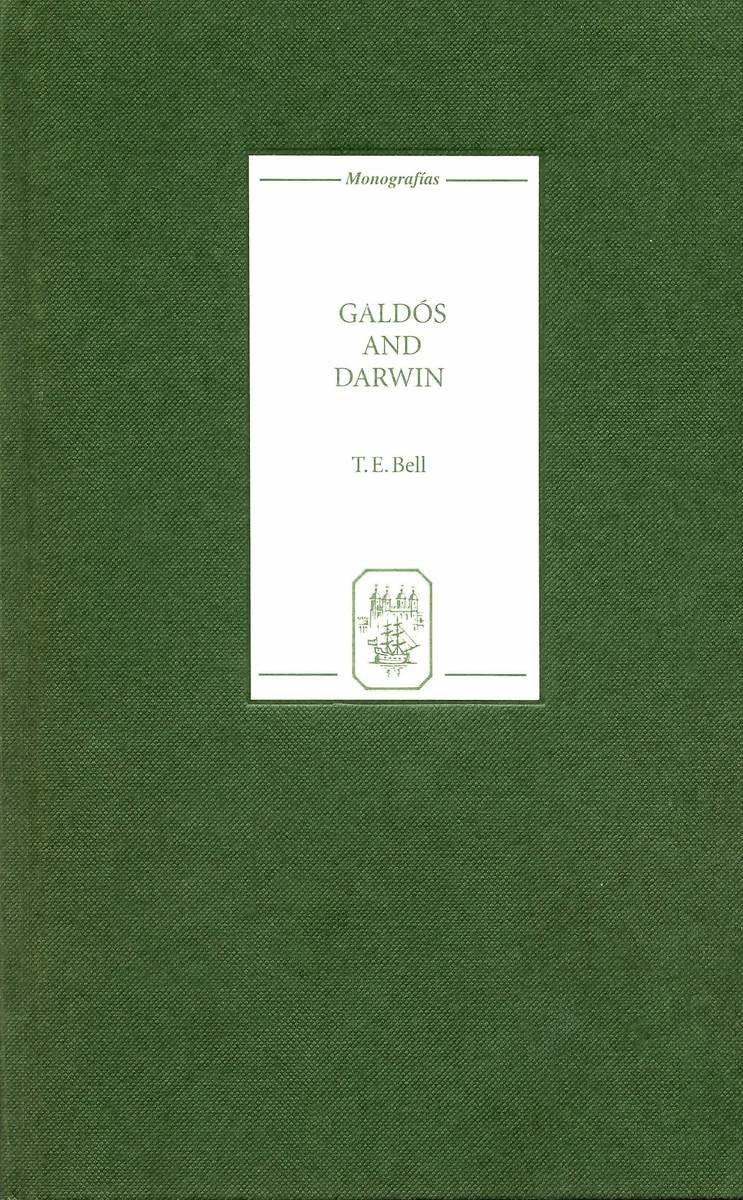Darwinian theory - the big idea of the nineteenth century - and its impact on the writing of Benito Pérez Galdós.
Despite the fact that Darwinian theory was perhaps the big idea of the nineteenth century, most critics in the past have assumed that Benito Pérez Galdós would have remained unaffected by this scientific and philosophical revolution. This work contends otherwise, charting the influence of evolutionary theories on Galdós throughout his literary career. From his adaptation of the early nineteenth-century costumbristas' depiction of social species into a more sophisticated portrayal of Madrid society to his treatment of shifting social forces at a time of major socio-economic change, Galdós's outlook is shown to be deeply enmeshed in the Darwinian debate. Attention is paid not only to the hypotheses of Darwin himself, but also for instance to Ernst Haeckel's evolutionary thought, to Herbert Spencer's social Darwinism, and to the radical histology of Santiago Ramón y Cajal.
Galdós and Darwin discusses how Spain's greatest novelist since Cervantes imaginatively reworked these epoch-making theories and investigates the impact of science on culture as the Spanish nation approached the twentieth century.
T. E. BELL completed his Ph.D. under the supervision of Professor Nicholas Round at Sheffield University.


